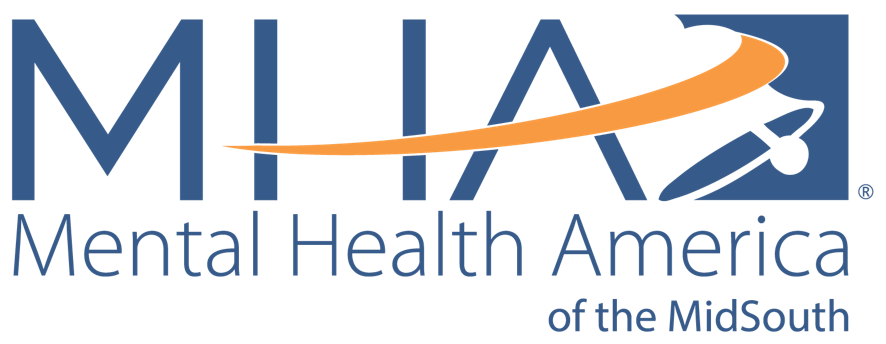MENTAL HEALTH AMERICA OF THE MIDSOUTH
MHA's Biannual Ethics Conference
Current Trends in Substance Use
Live Webinar
Tuesday | April 25th
8:00 AM - 12:30 PM CT
4 Credit Hours*
Overview & Objectives
This conference fortifies knowledge on current ethical needs relating to behavioral health and substance use disorders. We will explore the current landscape of national trends in evidence-based management of substance use disorder and discuss emerging approaches to integration of behavioral health care and substance use disorder into medical settings. Topics discussed will dive into the neurobiology behind addiction, the survival center of the brain, and how these discoveries are used in drug development and utilization. There will also be a suicide prevention aspect to guide conversation on this highly affected population and understand the effects of life saving overdose agents.
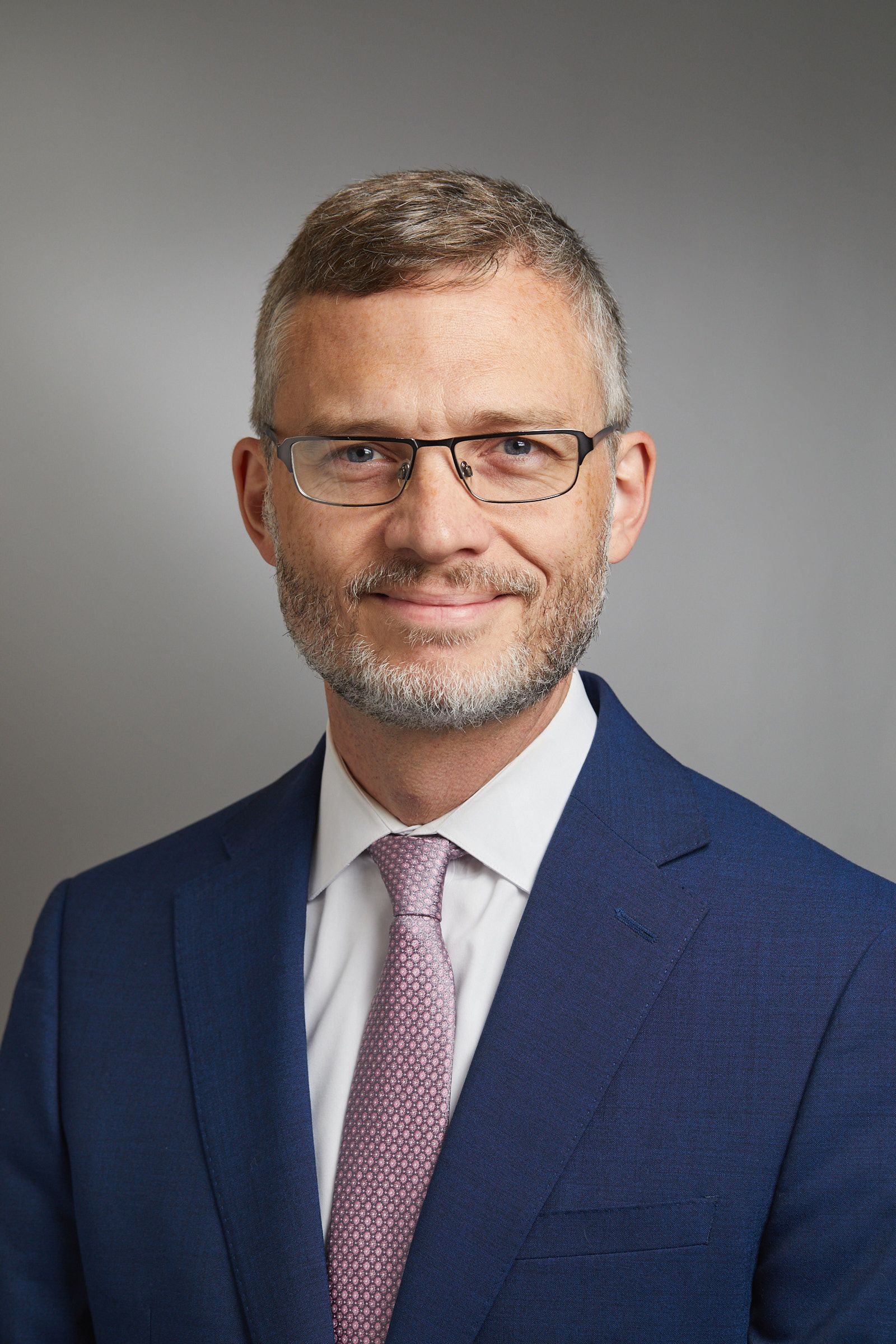
Understanding Addiction:
Past and Present
Past and Present
Presentation Objectives:
1. Understand how historical views on addiction influence the adoption of evidence-based treatments today.
2. Describe the three phases in the neurobiology of addiction and how ingested substances can acutely and chronically alter neurotransmitter receptor populations.
3. Recognize how an understanding of addiction neurobiology informs drug development and utilization, and ultimately saves lives.
1. Understand how historical views on addiction influence the adoption of evidence-based treatments today.
2. Describe the three phases in the neurobiology of addiction and how ingested substances can acutely and chronically alter neurotransmitter receptor populations.
3. Recognize how an understanding of addiction neurobiology informs drug development and utilization, and ultimately saves lives.
Dr. Stephen Holt
MD, MS, FACP, FASAM
YALE SCHOOL OF MEDICINE
Dr Holt completed his residency training and Chief Residency at Yale's Primary Care Internal Medicine Residency Program before joining the program in 2008. Presently, as the Associate Program Director for Ambulatory Education, he has played an instrumental role in the educational experience of primary care housestaff across the full breadth of internal medicine topics, though most of his teaching activities revolve around either addiction medicine, the art and science of physical diagnosis, or medical education more broadly. Current clinical activities include ambulatory clinic precepting, general medicine ward attending several months per year, and directing Yale’s Addiction Recovery Clinic, a dedicated setting for residents to manage and provide care to patients with substance use disorders. He has won local and national awards for his clinical teaching, including the New Investigator/Educator Award from the Association for Medical Education and Research in Substance Abuse (AMERSA), the Leonard Tow Humanism in Medicine Award from the Yale School of Medicine, and the Early Career Physician Teaching Award from the American College of Physicians (ACP).
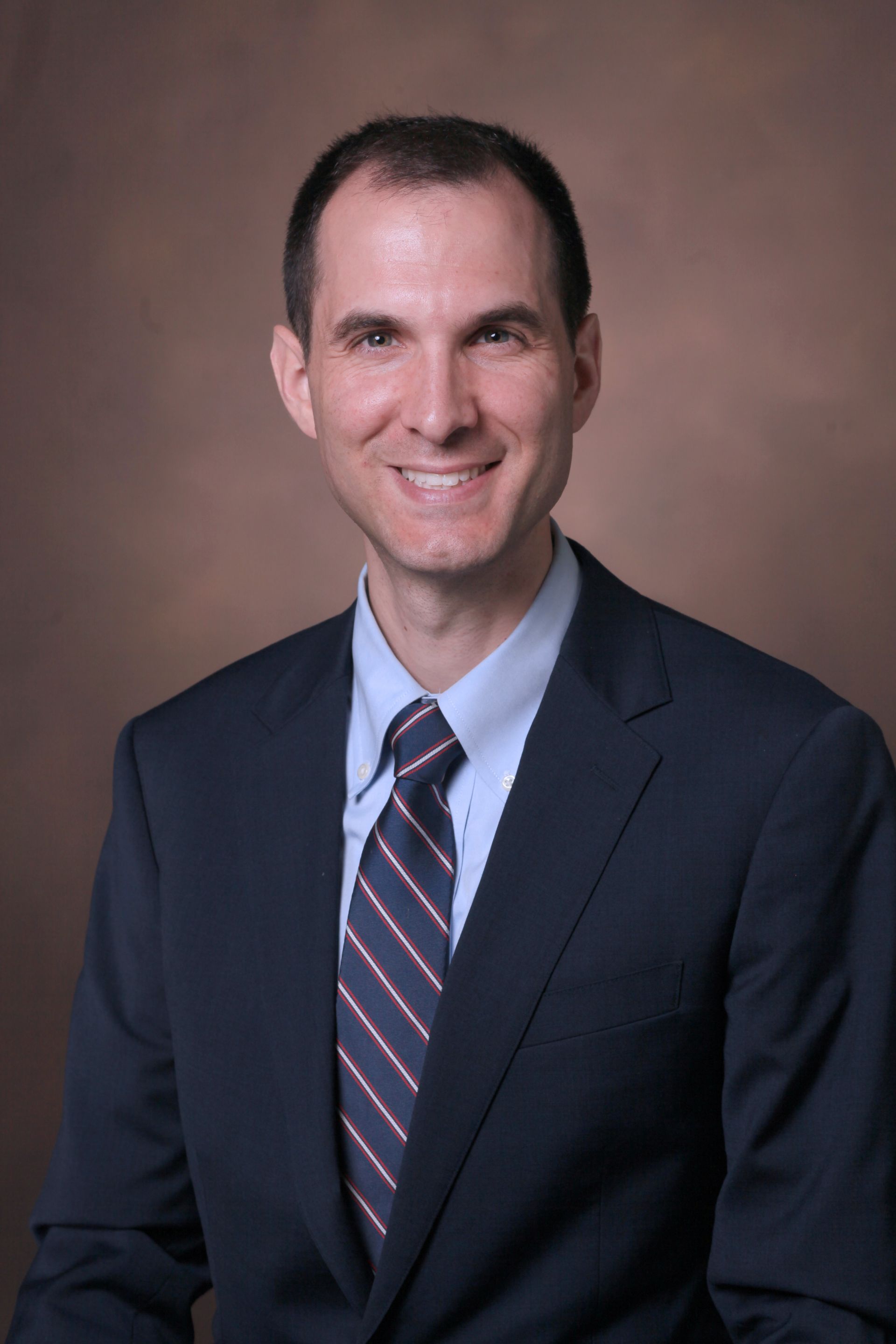
Expanding Integrated Care for Opioid Use Disorder (OUD):
A Hub and Spoke Network
A Hub and Spoke Network
Presentation Objectives:
1. Describe the current landscape of national trends in evidence-based management of substance use disorder
2. Discuss emerging approaches to integration of BH care and SUD into medical settings
3. Describe basic features of a Hub-and-Spoke model of OUD care
1. Describe the current landscape of national trends in evidence-based management of substance use disorder
2. Discuss emerging approaches to integration of BH care and SUD into medical settings
3. Describe basic features of a Hub-and-Spoke model of OUD care
Dr. David Marcovitz
M.D.
Vanderbilt University School of Medicine
Dr. Marcovitz is a board-certified general and addiction psychiatrist at Vanderbilt University Medical Center and the Director of the Division of Addiction Psychiatry in the Department of Psychiatry and Behavioral Sciences. He helped launch the Vanderbilt University Hospital Addiction Consult Service and transitional outpatient Bridge Clinic at VUMC. He also serves as the Principal Investigator for the state-funded Middle TN Opioid Addiction Treatment Hub at Vanderbilt. While completing his addiction psychiatry fellowship at Partners Healthcare / Harvard Medical School, he also worked as a staff psychiatrist receiving additional mentored training in collaborative care in the IMPACT Model at Partners Healthcare in Boston, MA. He is an experienced educator, delivering formal and informal didactics on various addiction-related topics to medical students, residents, fellows and colleagues. He has served as the senior trainer for Tennessee supporting the federally-funded Opioid Response Network to help build addiction treatment capacity across TN. Dr. Marcovitz’ teaching at the regional and national level has focused on models of collaborative care with internal medicine and other specialties and disciplines in addiction treatment in both the inpatient and outpatient setting. He has also presented at national meetings on novel teaching methods and outcome measures in addiction psychiatry. He has published on addiction education methods as well as research at the intersection of treatment of opioid addiction and community mutual help. Dr. Marcovitz serves on the board of directors for the American Academy of Addiction Psychiatry (AAAP).
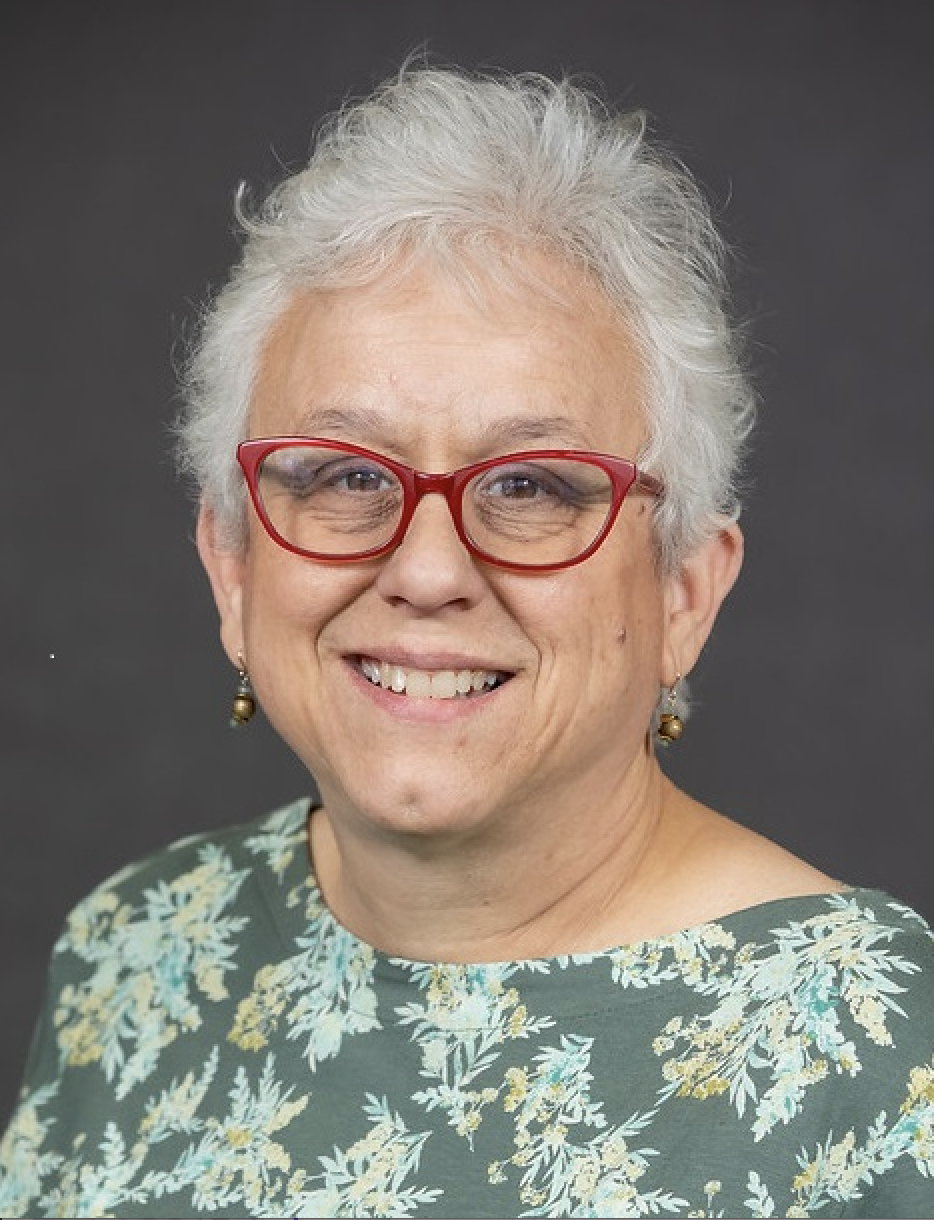
Treating Addiction as a Disease: Treatment Modalities, Overdose Response, and Access to Services
Presentation Objectives:
1. Describe how the brains survival functions drive addiction.
2. Describe the actions and effects of the overdose reversal agent.
3. List three service types that can be provided to persons living with substance abuse disorder.
1. Describe how the brains survival functions drive addiction.
2. Describe the actions and effects of the overdose reversal agent.
3. List three service types that can be provided to persons living with substance abuse disorder.
Mary Linden Salter
LCSW
TAADAS
Mary Linden Salter is the Executive Director of the Tennessee Association of Alcohol, Drug and other Addiction Services, an association of addiction and recovery support providers. She received her Master’s in Social Work from Columbia University and Bachelor’s in Social Welfare from the University of Kansas. She is a Licensed Clinical Social Worker who has worked in Tennessee since 1996. She was the Director of Network Services for Behavioral Health for United Healthcare (UHC), and the manager of a utilization review team for Magellan Behavioral Heath, both TennCare MCOs. Mary Linden was the Director of Public Policy at the Tennessee Association of Mental Health Organizations, where she was involved in statewide policy analysis and development as well as legislative advocacy. She had clinical roles at the Vanderbilt Center of Excellence for Children in State Custody and as the IOP Program Director for Centerstone. Since Mary Linden joined TAADAS, the association’s advocacy efforts have included ACA education, addressing the Medicaid Gap, funding for addiction resources, parity education and enforcement, and refinements to LADAC licensure. Mary Linden serves on the TDMHSAS Institutional Review Board, the Co-Occurring Disorders Collaborative Steering Committee, the Middle Tennessee Mental Health Institute Board of Trustees, the TN Association of Drug Court Professionals Board, and the Healing Arts Project Board.
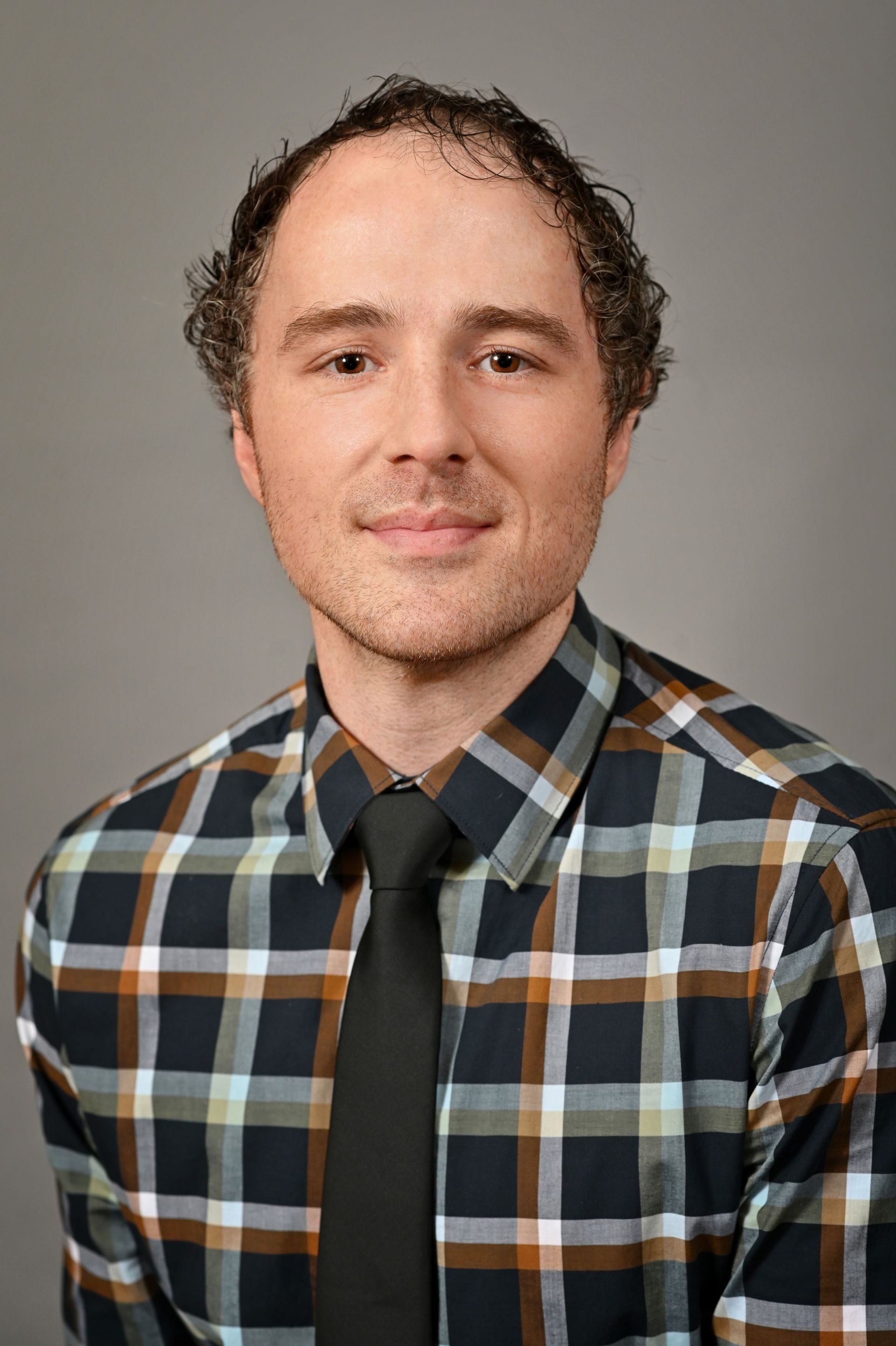
Addressing Suicidality in Substance Use Treatment
Presentation Objectives:
1. Understand the risk factors and warning signs associated with suicide
2. Understand the relationship between substance use and suicidality and describe strategies for addressing suicidal thoughts and behaviors in substance use treatment
3. Identify ways in which individuals at every level of an organization can contribute to safer suicide care
1. Understand the risk factors and warning signs associated with suicide
2. Understand the relationship between substance use and suicidality and describe strategies for addressing suicidal thoughts and behaviors in substance use treatment
3. Identify ways in which individuals at every level of an organization can contribute to safer suicide care
Chance Littrell
M.A.
Mental Health America of the MidSouth
Chance joined Mental Health America of the MidSouth in July of 2021. He attended the University of Tennessee, Martin for
his undergraduate degree in psychology and earned his M.A. in clinical psychology from
Western Kentucky University. Chance is the Director for MHA's Zero Suicide Program which is systemic suicide prevention initiative, partnering with healthcare and behavioral health systems to provide comprehensive training and systems change to prevent patients from slipping through the cracks in care. Chance brings with him a great deal of clinical experience
in working with diverse populations in different settings. Initially working with youth and
adolescents, Chance has experience in inpatient psychiatric care, therapeutic foster
care, and school-based therapy. In addition to his time spent working with youth, Chance
has a wealth of experience in working with adults in addiction treatment settings, having
worked in both medication-assisted treatments for opioid addiction and inpatient drug
and alcohol treatment.
